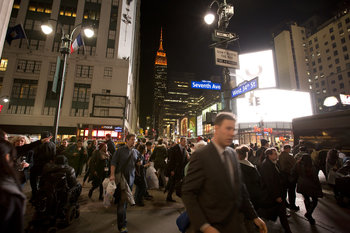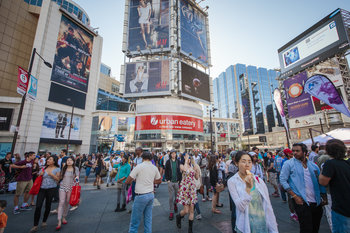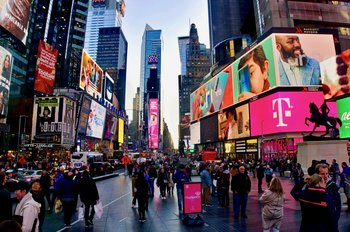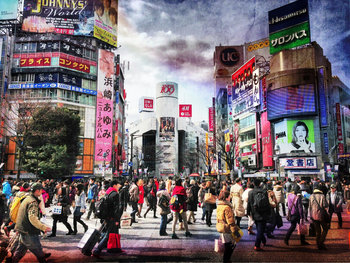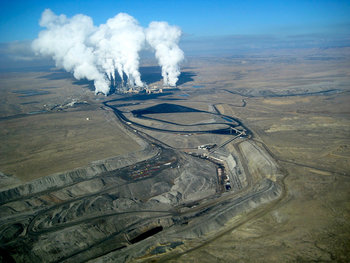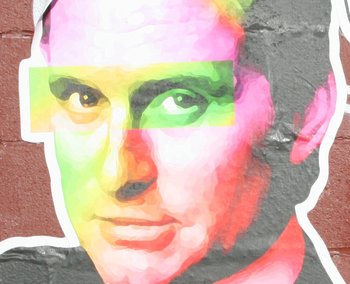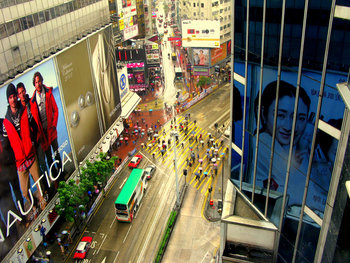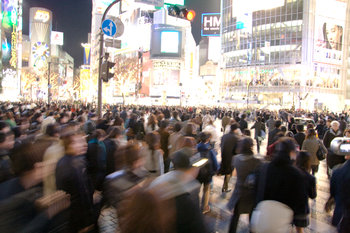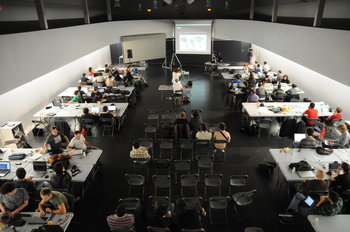
Overexploitation
The consumption of a renewable resource to the point that it can no longer be renewed. This is extremely wasteful, destructive and irrational. For example, in the Gilded Age the American Bison was hunted to near extinction from a herd of around 25 million down to less than 100. This eliminated the livelihood of the Indigenous peoples of the Great Plains that had consumed this resource at a sustainable pace for around 15,000 years.Economic Bads
Consumption that creates economic bads such as pollution that exceed economic benefits can be viewed as overconsumption. For example, a widget sold for $1 that produces $32 in air pollution to manufacture. In order to reduce overconsumption, the price of economic bads could be included in the cost of goods. This would provide incentive to remove the economic bads to reduce prices and gain market share.Carrying Capacity
The carrying capacity of the Earth is the theory that the planet can only support a fixed number of people for a given level of consumption per person. This is greatly influenced by the efficiency of this consumption. In theory, goods could be fully reused and recycled and energy fully renewable such that carrying capacity could be extremely high. However, if societies are inefficient such that each person consumes significant resources and produces large amounts of pollution, carrying capacity will be much lower.Consumerism
Consumerism is the observation that people appear to become obsessed with consumption such that they consume a great deal more than is required to secure a reasonable quality of life. This is largely based on the commoditization of experience whereby people use goods to substitute for elements of the human experience. For example, a luxury handbag that represents social status as a substitute for earning respect from others with your behavior.Summary
The following is a basic overview of overconsumption with additional examples.
Notes
Where consumption causes extinction, negative value approaches infinity as the resource is permanently lost for all future years.Overconsumption isn't a judgement call on what people truly need but is rather identified by the problems that it creates.Government policies such as placing a cost on waste and pollution can reduce overconsumption. In some cases, these policies are more costly to low income earners than the wealthy. This can create environmental injustice.| Overview: Overconsumption | ||
Type | ||
Definition | Consumption of a resource or good that produces net negative value. | |
Related Concepts | ||

